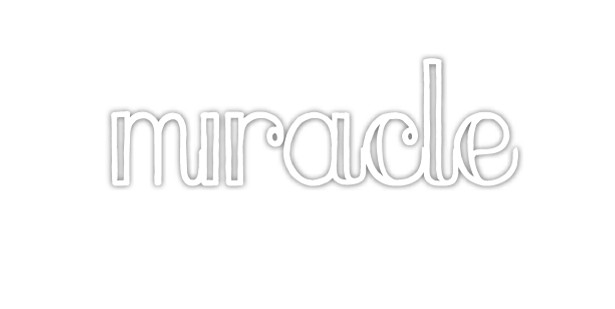 Image via Wikipedia
Image via WikipediaMy question for you is a simple one: how did you get here? I don't mean why were you born or anything quite so profound; I mean how did you get to this post? I have to imagine that some religious believers, probably Christians, found their way here because their Internet search was fairly close to the title of this post. That is, they were searching for tips on how to force atheists to believe in their god(s). Kind of pathetic, isn't it? How insecure must one be to scour the Internet searching for ways to force others to conform to one's god-belief? Since you are here, we might as well get on with it.
Let me say at the outset that this is not a challenge, a demand for evidence, a call for miracles, or anything of the sort. I pose no grand test for religious believers to meet, nor do I intend this as a trap for the dimwitted. There is a very simple way that most atheists can be persuaded to believe in something you might be happy to call "god," and I will reveal it in this post. If those who call themselves religious ever want to defeat the big bad atheism once and for all, this is how to do it. Just realize that it will come at a bit of a price.
To persuade an atheist to believe in something you can call "god," all one has to do is define "god" so broadly that it cannot possibly be doubted. An opinion piece in The Toronto Star by Rabbi Dow Marmur provides an example of how this works.
Readers of books for or against religion, not least at this time of the year, may bear it in mind. Though exponents of dogmas and norms of every faith and denomination may be flawed, and though affirming God doesn't necessarily solve the vexing question about the persistence of evil in the world, or the mysteries of life and death, no amount of scientific advances can eradicate the fundamental human awareness of a power that's beyond us and which tradition has often identified as God.
And so you see that by defining "god" merely as something beyond us, only the solipsist can doubt it. I told you it was simple.
But surely, the religious believer will argue, a god defined this broadly is rendered meaningless. I do not disagree. In fact, I suggest that we're already there with respect to the Christian god. But remember, this all-inclusive sort of "god" was the god of Einstein, Sagan, Darwin, and countless others who both religious and atheist communities claim as their own. And just think of the appeal! The religious could claim every prominent scientist as one of their own if they would merely expand their definition of god so much that it became completely meaningless.
As for the price I mentioned above, I trust you've figured that out by now. The "god" so vague as to defy disbelief might not be a very satisfying one. If you expect others to believe in a different sort of god, you are better off not trying to force them to do so but providing a clear definition of a logically coherent being, and evidence sufficient to support its existence.
































